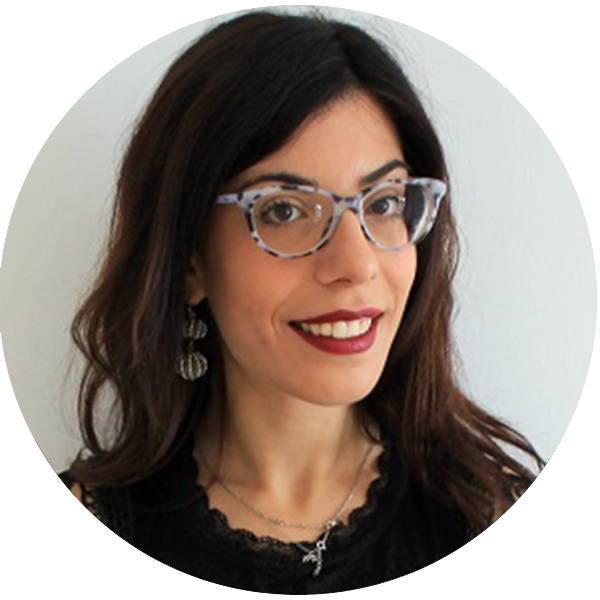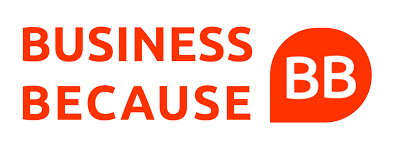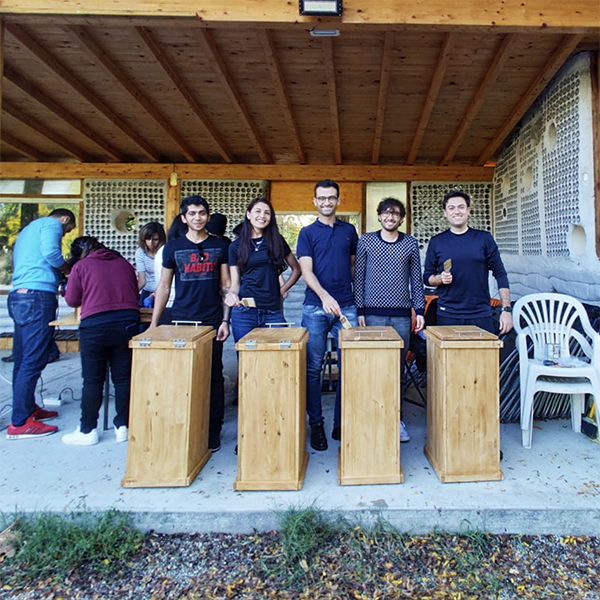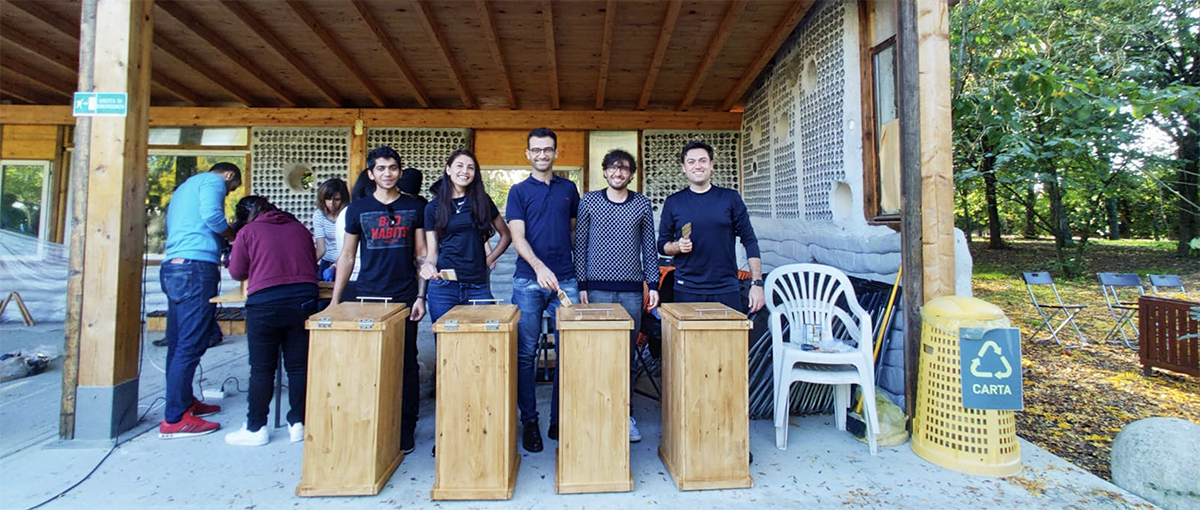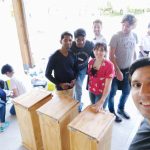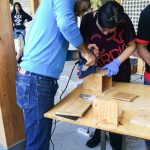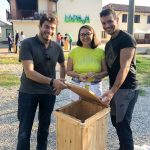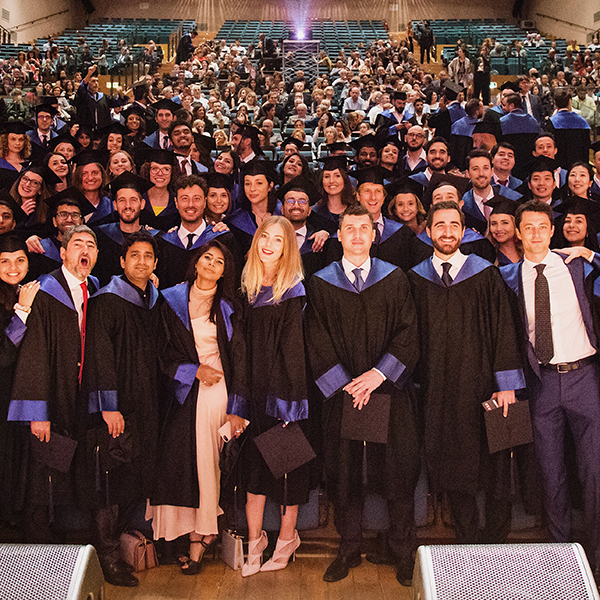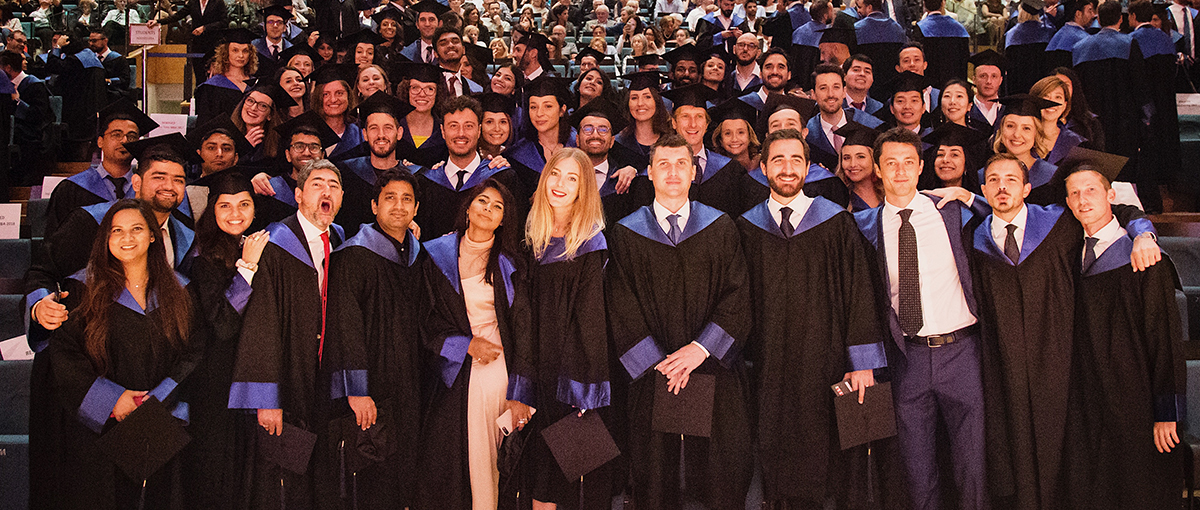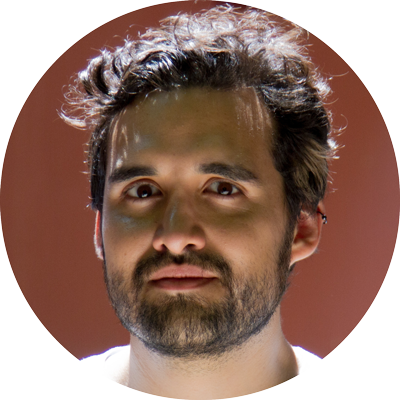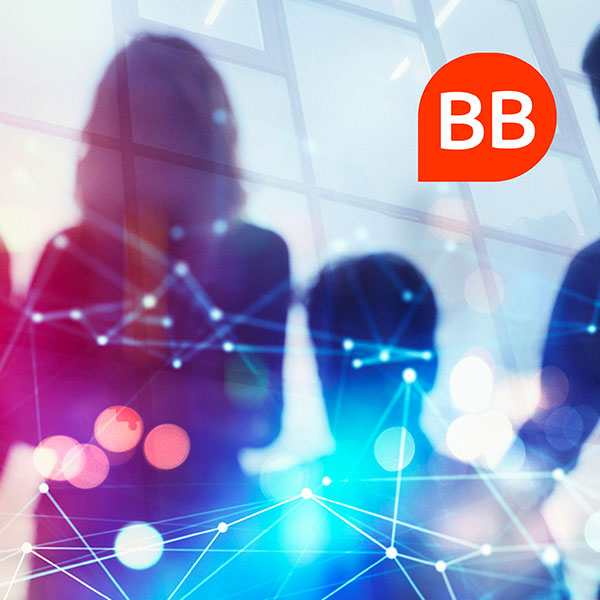
Updated contents and a new structure for the educational offering. Concentrations, four specializations in areas of excellence, are coming. And innovation continues in content delivery: learning is increasingly digital
In 2020 the Full Time MBA of MIP Politecnico di Milano changes shape. It evolves, to meet the needs of companies and to respond to trends in continuous development, obviously while maintaining the mission of a Master in Business Administration: providing a 360° managerial understanding of how a company works. «We continue to focus on those people who have between three- and seven-years work experience and want to give a boost to their career», says Antonella Moretto, Director of the area MBA & EMBA. «What changes is the structure of the educational offering. Alongside a core part, built around traditional thematic pillars, there is also a highly personalized programme, which is divided in four specializations called concentrations».
Four pillars for a solid foundation
«However, students get to this point only after an initial phase in which solid theoretical foundations are laid», clarifies Moretto. «It is an all-encompassing experience, that involves a commitment of between eight and nine months and that guarantees a major career acceleration to who, within four or five years, sees themselves in an important managerial position. An internship is scheduled at the end of the programme. It’s also worth mentioning that last year, at the time of graduation, 90% of our students had already found a new job». The first educational phase, as was mentioned, is that of the four pillars: «In order, they are: analysis of the company and context; management of activities and processes; innovation and transformation planning; and, finally, realization of the latter». This last aspect is a very important part of MIP’s vision: «Training managers who understand the overall functioning of a company is obviously our objective, but that’s not enough for us. Here at MIP we try to select candidates who demonstrate a marked disposition as innovators, who want to be agents of change».
Concentrations: intensive bootcamps in contact with companies
It’s at this point that concentrations, or specializations, enter into play. «The personalization of the educational programme is one of the strengths of this MBA. There are thematic tracks that foresee hundreds of hours of activities of the student’s choice, and the months of concentrations involve intensive bootcamps on one of these themes, of their choice: Global Management and Sustainability, Big Data and Digital Transformation, Innovation and Entrepreneurship and Luxury and Design Management. The bootcamps were designed ad hoc together with partner companies, with the aim of developing new skills, but also to work and put in practice these aspects. The factual approach, therefore, in this phase emerges in a very clear fashion», explains Moretto, «but if there’s something else new in 2020, it’s that even during core lessons, that is the most theoretical moments of the programme, the share of practical activities reaches 50%. The rest is made up of what we call experiential gym, a set of activities that include company presentations by managers, challenges and case studies, simulations, company visits, career development workshops».
With digital learning the campus expands
However, even the more traditional teaching part, in its own way, will be innovative. «When we talk about frontal lessons, and that is the classroom, we are not referring to classic lessons. The basic notions, indeed, are delivered by digital means. Students can prepare themselves beforehand, in light of the activity to be carried out in the classroom, dedicated to in-depth analysis. And a portion of frontal lessons can also be accessed remotely. We like to call this modality “extended campus”. In addition, thanks to our digital platforms it will be possible to make use of the contributions from other universities. A series of opportunities that distinguish a highly personalized, flexible, digital learning experience that is line with students’ needs», concludes Moretto.



